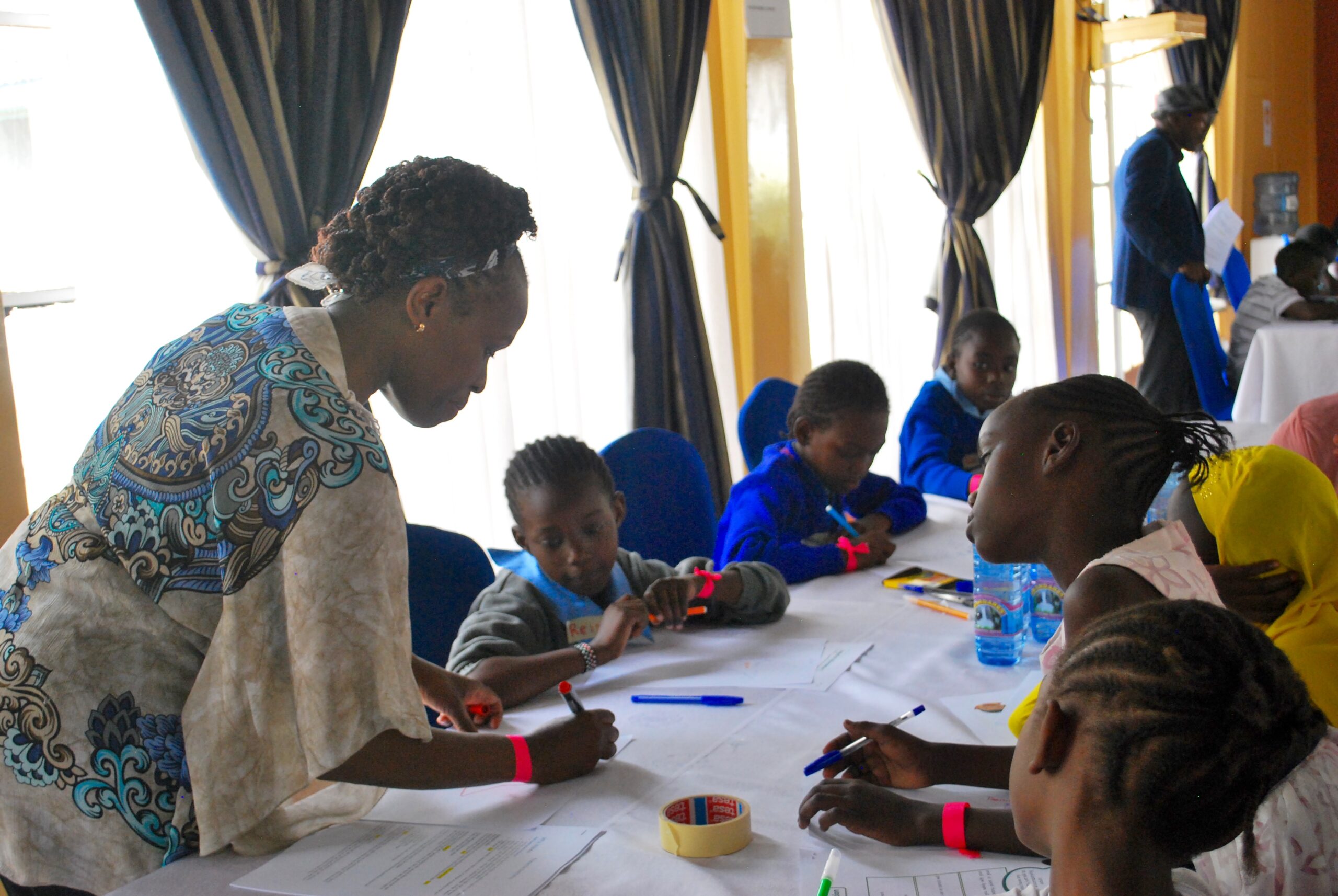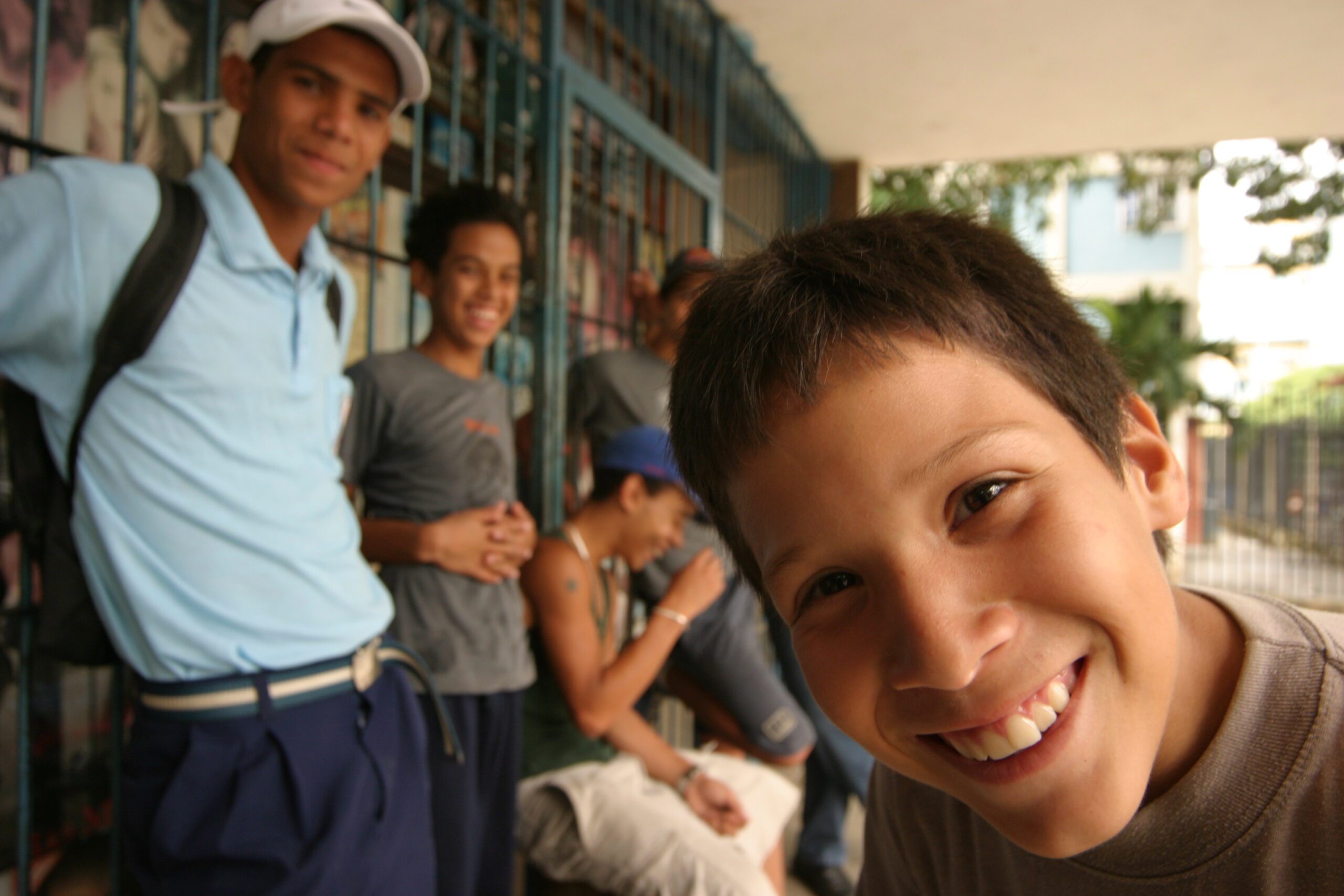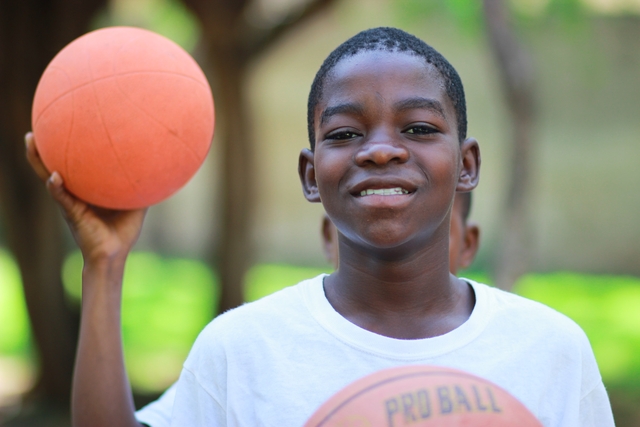As the sanitary crisis brought up by the Covid-19 pandemic forced almost 90% of the world’s children out of school, teachers are called now more than ever, to reinvent how learning takes place. Educators need to ensure that quality learning reaches children in inclusive and meaningful ways, addressing not only the curricular areas but also the emotional and mental stress that children suffer in these uncertain days.
To respond to this pressing need, Arigatou International Geneva, in partnership with UNESCO International Institute of Capacity Building in Africa (IICBA) carried out a series of four webinars on “How Transformative Pedagogy and Fostering Ethical Reflections Can Support Teachers during Covid-19 for Resilience and Prevention of Violent Extremism.”
The first session of the series was held on 13 May 2020 raising the question of How can educators respond to the learning needs of children, including fostering resilience and ensuring their well-being during the COVID-19 Pandemic?
Dr. Yumiko Yokozeki, Director of UNESCO-IICBA, welcomed the participants, followed by keynote speaker, Ms. Ann Therese Ndong-Jatta, Director of the UNESCO Regional Office for Eastern Africa, who stated:
“The pandemic could also be seen as an opportunity to build back better systems in view of the fact that already there are quite a number of out-of-school children and adolescents, low quality of learning, inequity, among other perennial challenges.”

The conversation was moderated by Dr. Victoria Kisaakye, Senior Program Specialist at UNESCO-IICBA, and included the 2019 Global Teacher Award winner, Mr. Peter Tabichi from Kenya, and Ms. Maria Lucia Uribe, Director of Arigatou International Geneva.
In her intervention, Ms. Uribe highlighted how the COVID-19 narrative has excluded children and has side-lined the impact of the pandemic and its effects on their lives in the long-term. She emphasized the need for prioritizing ethics and spiritual education, as well as the key role of teachers in helping to empower and protect children.
On 20 May 2020, a second webinar was held, this time in French, addressing The Role of Teachers during the Crisis Related to COVID-19 and How a Transformative Pedagogy can Support Learning Needs during and after the Pandemic.
This fruitful conversation included Mr. Dimitri Sanga, Director of UNESCO Multisectoral Regional Office for West Africa; Prof. Boubacar Niane, Professor of Sociology at the Cheikh Anta Diop University of Dakar; Ms. Nora Tairi from the Ministry of Education of Algeria; Mr. Saliou Sall Program Coordinator at UNESCO-IICBA, and Ms. Eleonora Mura, Program Officer at Arigatou International Geneva.
Ms. Mura explained how a Transformative Pedagogy can support teachers to conduct child-centered learning that empowers children, helps them reflect critically about their reality and become aware of their individual and collective responsibilities.
The third webinar, held on 27 May 2020, addressed the issue of How transformative pedagogy can respond to learning needs during the COVID-19 and support the wellbeing and resilience of children during and after the pandemic?
“Transformative pedagogy also redefines the role of teachers, inviting them to make a paradigm shift in adopting a transformative pedagogy that allows learners to actively participate in their own learning,” said Dr. Yumiko Yokozeki, Director of UNESCO IICBA, in her opening remarks.

Ms. Vera Leal, Senior Program Officer of Arigatou International Geneva, shared the floor with Ms. Mary Kangethe, Director of Education Program at the Kenya National Commission for UNESCO, and Mr. Mohamed Said Abdi, Director of Training and Foundation at Somalia National University.
She reflected on how educators can make use of transformative pedagogy to meet the learning needs of learners during the Covid-19 pandemic and moving forward. Fostering ethical reflections becomes essential to reflect on the ethical responsibilities and implications for children and youth in the global crisis.
The last session was held on 03 June 2020 on the topic of The Covid-19 Pandemic and the Ethical Challenges for Children and Youth. In this opportunity, Mr. Suchith Abeywwikrame from Arigatou International Geneva elaborated on the conditions that help fostering ethical reflections, critical thinking and empathy in children, and stressed the importance of supporting the agency of children to work together to transform their realities.
The teachers’ role in these times is more important than ever, as they are key actors, not only in supporting the learning of children but also in strengthening the learners’ sense of belonging to a larger community, nurturing their self-esteem, and providing opportunities for them to reflect on the ethical challenges the world is facing.
Mr. Abeywwikrame was joined by Dr. Obiora Ike, Executive Director Globethics.net; Dr. Rashied Omar, Research Scholar of Islamic Studies and Peacebuilding at the Joan B. Kroc Institute for International Studies, University of Notre Dame; Ms. Anne Waichinga, Associate Director on Education and Child Protection at World Vision International.
We thank UNESCO-IICBA for inviting us to collaborate in this timely project, all the speakers for their very thoughtful and insightful interventions, and the participants for their interest and enthusiasm.
You can find the recording of the webinars and some of the presentations, below:
How can educators respond to the learning needs of children, including fostering resilience and ensuring their well-being during the COVID-19 Pandemic (13 May 2020)
Presentations
- Keynote by Ms. Ann Therese Ndong-Jatta Director UNESCO Regional Oce for Eastern Africa
- My Experience related to COVID 19 as a teacher, (Peter Tabichi, Teacher from Kenya, Winner of the 2019 Global Teacher Prize)
- How can we as educators respond to the COVID 19 challenges to ensure the well being of children and youth? (Maria Lucia Uribe, Director, Arigatou, International Geneva)
Le rôle des enseignants pendant la crise liée au COVID-19 et comment la pédagogie transformationnelle peut soutenir les besoins d’apprentissage pendant et après la pandémie (mai 20 2020)
Présentations
- Enseigner à l’ère de Covid 19, Nora Tairi Inspectrice Centrale de la Pédagogie Ministère de l’Education – Algérie
- Pédagogie transformationnelle et besoins d’enseignement-apprentissage persistants et/ou émergents avec la pandémie du COVID-19, Boubacar NIANE
- La pédagogie transformationnelle pour soutenir les besoins d’apprentissage pendant et après la pandémie, Eleonora Mura, Arigatou International Geneva
How transformative pedagogy can respond to learning needs during the COVID-19 and support the wellbeing and resilience of children during and after the pandemic? (27 May 2020)
Presentations
- Keynote, Dr. Yumiko Yokozeki, Director of UNESCO IICBA
- Transformative Pedagogy: Ethics Education for Children, Vera Leal, Ethics Education for Children – Arigatou International
- Exprience : Somalia and Transformative Pedogogy
- TRANSFORMATIVE PEDAGOGY Responding to learning needs during COVID 19 CRISISPresenter, Mary Kangethe, KNATCOM
The COVID-19 Pandemic and the ethical challenges for children and youth (03 June 2020)
Presentations
- Empowering learners to be ethical beings through education amid COVID-19 crisis, Anne Waichinga, World Vision Kenya
- Agency of the Child. Ethics Education for Children. Suchith Abeyewickreme, Arigatou International
